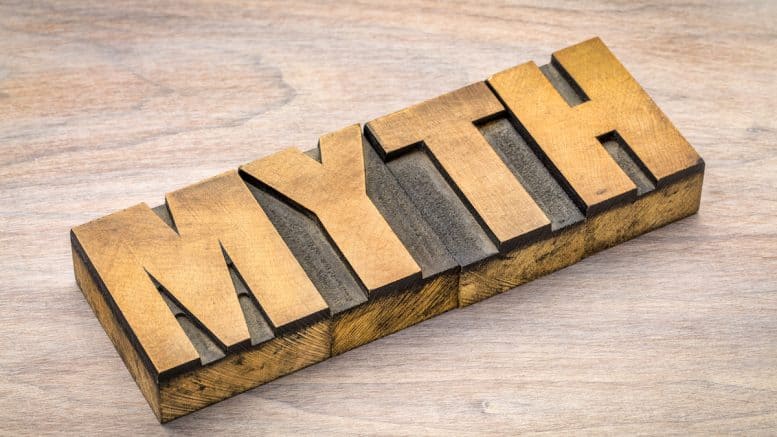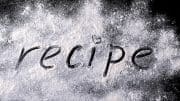Truth: lost weight is not always fat.
We have all fallen for that trap. We drop 5-10 pounds of body weight and step on the scale, and everything looks great until we take that next step. The next step is a simple measurement. We grab the tape measure and our measure our waist. This simple measurement makes our face fall forward because although we dropped weight, it was not as much fat as we planned on losing.
If you notice a drop on the scale after a short period of time, especially 1-2 days, it might be tempting to slap yourself on the back but take a moment to think about your success before you celebrate. This quick drop rarely indicates a fat loss. In fact, it is often a mark of water loss instead. You have extracellular water that is located around the blood, tissues, joints, and in your body spaces between cells. Your body can easily liberate this in response to exercise. This loss of weight is not fat loss. There basically three whys we can reduce body weight, and only one of them is fat loss.
So why is fat loss important over weight loss? Fat, in general, is the storage of energy for a later day. It is located in specific locations and, in particular, fat around our midsection increase our risk of metabolic syndrome, diabetes type 2, and heart disease. By ditching the layer of fat around our bellies means that you are lowering your risk of these disease and metabolic processes.
Three types of weight loss:
- Water Loss: Losing water weight is the fastest way to lose weight, but it is also one of the shortest lived. An example of water weight loss occurs with a low carbohydrate diet. You cut the carbs, and the weight quickly flies off. Try it, and you will see what I mean but keep a journal with waist circumference measurements. You see the numbers on the scale drop and your clothes may even fit better, but the weight will pack back on when you add the carbs back, and your waist circumference will not change much or will change very slowly because you are losing water and not fat.
- Muscle Loss: We often lose muscle when we diet without exercise. You must use it, or you will lose it. We also muscle mass as we age and you do not need to rush it. You can lose muscle also by going on a muscle wasting diet. Such a diet is low in the building block of muscle are proteins which are made up of amino acids. When you go on a low protein diet, your body harvest your muscle to make repairs, enzymes, and hormones. Exercise can protect muscle, but it is also important to eat enough
protein. The biggest thing to remember is that muscle is also the center of most of our metabolism for which we can control. The rate at which your body burns calories or the metabolic rate rare changes unless you have a need to burn more calories such as an infection or when you have a larger muscle mass.
- Fat Loss: The key to fat loss is a slower more gradual loss. Sure you will lose fat on a crash diet, but the percentage will be smaller than if you take a more moderate approach. Your goal is to maximize fat loss, and that on;y happens when you reduce muscle and water loss. Exercise helps, but it is not the only thing. Remember, a slim waistline is made in the kitchen.
The bottom line: Weight loss may not equate to fat loss. If you see more than two pounds disappear in a week, you are likely dealing with more than fat loss. I recommend that you go slow with a moderate amount of weight loss and use abdominal circumference as a measure of success.










Be the first to comment on "Myth: Weight loss equals fat loss"